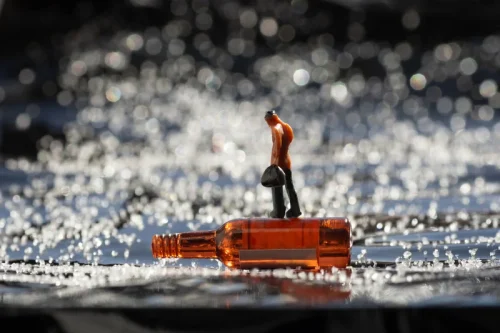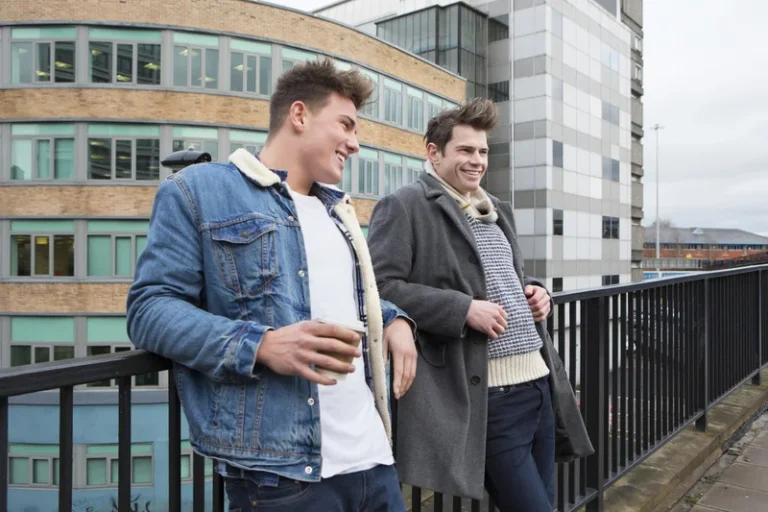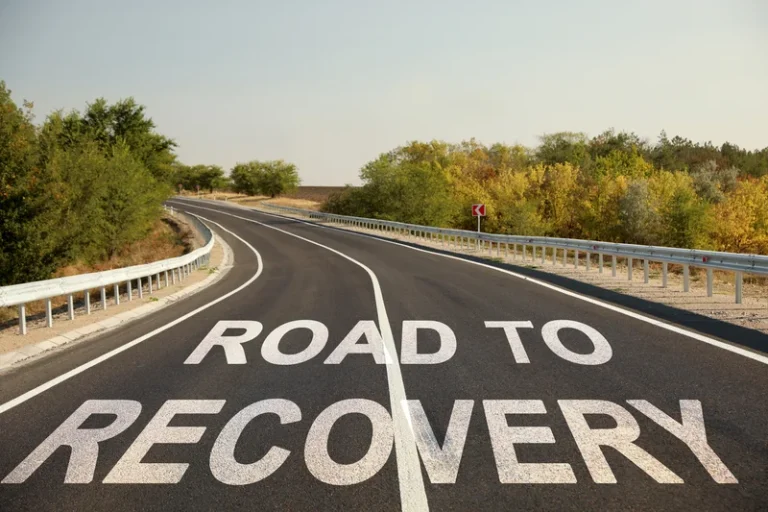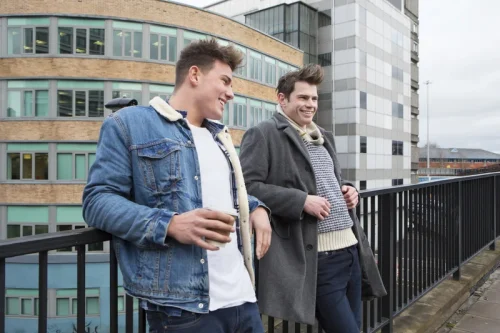
One of the most significant benefits of embracing a sober curious lifestyle is the improvement in cognitive function. Alcohol, even in moderate amounts, can impair brain function and cognitive processes. By reducing or eliminating alcohol consumption, many individuals experience enhanced mental clarity and focus. You don’t have to give up your old friends just because you’ve stopped drinking. However, if the common bond with these friends was alcohol, you may want to take a closer look at the benefits of maintaining those relationships.

Improved mental health and emotional stability
Last week, I met two women in a local pub and we marijuana addiction sat for a couple of hours in a beer garden. I didn’t know them very well but we had such a great time together that I’m sure we’re going to become good friends. The conversation was lively, funny, serious, interesting and engaging. I met so many new people and came away feeling energised and happy.
Advantages Of Ordering Non-Alcoholic Drinks Over Water
These activities allow you to enjoy nature, engage in physical exercise, and connect with your friends in a meaningful way. Other options include attending concerts, art exhibitions, or cooking classes. These activities provide opportunities to explore new interests, deepen friendships, and have fun without the presence of alcohol. Setting clear boundaries with friends who drink is an essential step in maintaining your sobriety. It involves defining what you are comfortable with and communicating those limits to your friends.
- According to a 2016 study published in Practical Neurology, heavy drinking beyond three or more drinks per day increases cognitive decline, cognitive impairment, and the risk of dementia.
- And that’s why when someone offers you a drink, you say, ‘Hey, no thank you,’” said Wilder.
- Reflect on the positive changes it has brought to your life and the personal growth you have experienced.
- “If you are doing a booze-related event, please send me an invitation anyway and let me decide if I’m up for that — being excluded is no fun, either,” says Alex.
- It’s a holiday weekend that presents a unique set of challenges for me.
Tips for Staying Sober During the Holidays

Whether it’s happy hour drinks, =https://ecosoberhouse.com/ pricey bottles of wine, or late-night cocktails, cutting back on alcohol can lead to substantial savings over time. Sober curiosity offers a path to improved sleep, sharper focus, and overall well-being. By questioning your relationship with alcohol, you open doors to better health, clearer thinking, and more fulfilling social experiences. In the short term, alcohol can impair judgment, reaction time, and memory formation.
- So drink stops being the centre of your world and your friendships.
- Caring for yourself will help you feel more present and connected in social settings.
- I didn’t know them very well but we had such a great time together that I’m sure we’re going to become good friends.
- Being sober-curious means questioning why, when, and how you drink, and whether drinking aligns with your health, values, and life goals.
What you need to do when you stop drinking is to accept that you’re going to be surrounded by alcohol. What needs to happen is for you to learn to navigate the world around you with alcohol in it. Alcohol is in parks, by rivers, on picnics, in people’s gardens.
- Plus, being honest with yourself about your struggles and progress can help you stay motivated and accountable.
- However, with the right strategies, it’s possible to enjoy social events without drinking.
- Remember that your well-being takes precedence over popular opinion or societal norms.
- But for some people, growing up means realizing that alcohol shouldn’t be a part of one’s life at all.
- You don’t have to stop going to restaurants, parties, or even bars, providing that you’re able to choose healthier, nonalcoholic beverages and that you establish ground rules.
And even if you’ve been sober for years, when it comes to navigating social situations, you’re going to make some mistakes, but that’s okay because you’re human. “Drinking alcohol is hyper-normalized,” says Jennifer Fernández, a clinical psychologist who focuses on substance abuse treatment in San Francisco. The arrival of summer not only brings higher temperatures, but the onslaught of invites to seasonal outings like graduation parties, wedding receptions, backyard BBQs, and office happy hours. Unfortunately, figuring out how to handle summer parties when you don’t drink is far from simple. Drinking is a holiday tradition for many families, but traditions can also transform and change over time. Many may not know that about one-third of U.S. adults report consuming no alcohol at all in the past year.


This article provides some helpful tips on how to address such inquiries effectively. Honesty lays the foundation for trust and support from those around you. When people understand why you’ve chosen sobriety, they are more likely to respect your decision and offer their support. Plus, being honest with yourself about your struggles and progress can help you stay motivated and accountable.
- Sharing your journey creates a support blanket that’s understanding and warm, especially when feelings of being alone or stressed start sneaking up on you.
- It was to do with my partner’s work and I was only going because I wanted to support him as he had to be there.
- We’ll delve into the importance of honesty in your sobriety journey, and how transparency can lead to gaining supportive allies.

In addition, when out at bars or restaurants, consider ordering non-alcoholic drinks instead of water. This prevents feelings of ‘fake’ intoxication while saving money and still participating socially. No matter how insignificant it may appear, every small step forward is still progress. You can also check out Alcoholics Anonymous for additional support and resources. We’ll delve into the importance of honesty in your sobriety journey, and how transparency being sober around drinkers can lead to gaining supportive allies.
